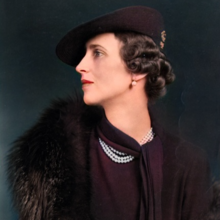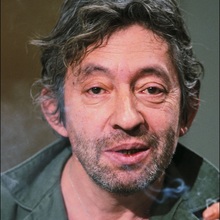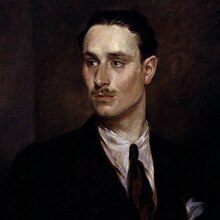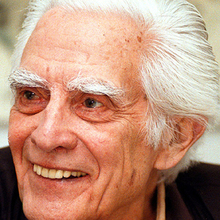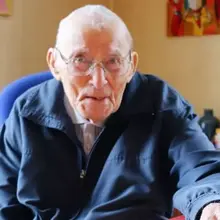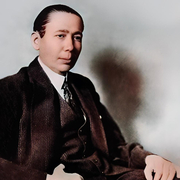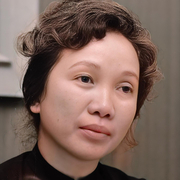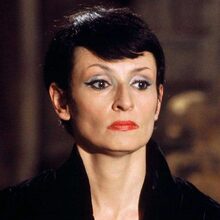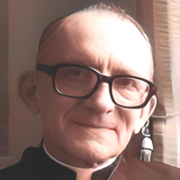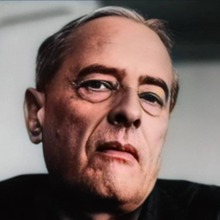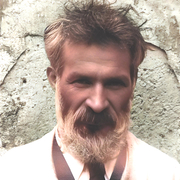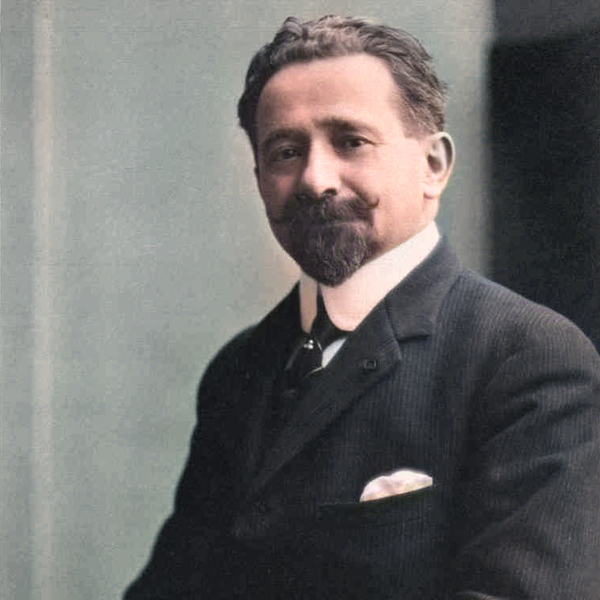
Personal
Other names:
Job / Known for:
Prime Minister & leader of the Portuguese Republic
Left traces:
the signing of the Treaty of Versailles
Born
Date:
1871-03-06
Location:
PT
Seia
Died
Date:
1937-05-11 (aged 66)
Resting place:
FR
Death Cause:
Cerebral hemorrhage
Family
Spouse:
Alzira Coelho de Campos de Barros de Abreu (1892-1970)
Children:
Maria Teresa da Costa (1893-?), Maria Emília da Costa (1894-?), Maria Luísa da Costa (1896-?) and Afonso Lopes Vieira da Costa (1901-1976)
Parent(s):
Sebastião Fernandes da Costa and Ana Augusta Pereira (biological parents), Manuel José Mendes and Maria do Rosário de Almeida (adoptive parents)
QR Code:
 My QR code:
Afonso Augusto da Costa
https://DearGone.com/11288
My QR code:
Afonso Augusto da Costa
https://DearGone.com/11288
Key Ownner:
Not yet supported by key owner
Show More
Rank
Users ranking to :
Thanks, you rate star
Ranking
5.0
1
Fullname
Afonso Augusto da Costa
Slogan
The Republic is not only an ideal; it is a necessity
About me / Bio:
Show More
Article for Afonso Augusto da Costa
Died profile like Afonso Augusto da Costa
Comments:
